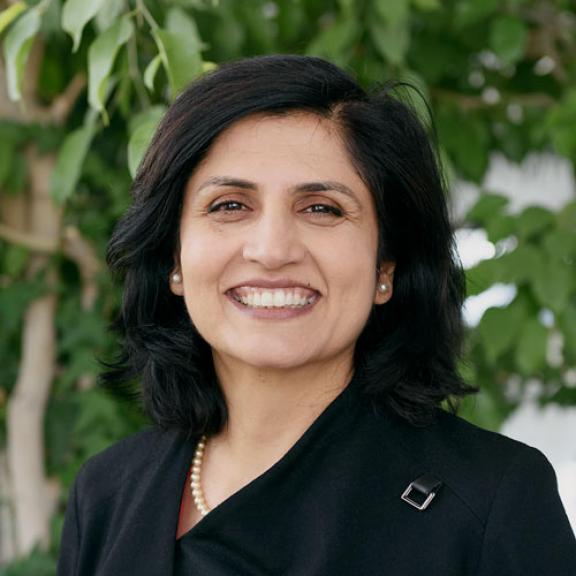My pop moments from COP25
I sit writing this on Sunday. Its the weekend after COP25.
It was supposed to be the time we’d all be resting and thinking about the next COP at Glasgow.
Half of that has occurred: we are all thinking about COP26 in Glasgow.
But with a sense of disquiet.
COP25 has been marked significantly by chaos and strong voices:
A colleague called out ‘our sh*t leaders’; Greta Thunberg decried ’failed leadership.’ The Chilean presidency asked for a 3:30 am plenary on Sunday morning (that was eventually postponed to 8 am).
It was the longest COP in history.
Vulnerable countries seem to be left out of key text that is emerging in real-time and there seems little space to consider the two items that were contentious at this COP: Loss and damage (i.e. compensation for those affected by climate events), and market mechanisms (i.e. a mechanism through which carbon credits can be bought and sold). (See here for a nice summary by Joydeep Gupta of how it all played out.)
Notwithstanding these, I left Madrid with a few POP moments from COP25, many of which redeemed the event.
Where are the people? In the large halls of IFEMA (the venue) very few (outside of civil society) were thinking about ‘end-beneficiaries’. In all the sessions that I attended, people discussed ‘pledges’ and ‘commitments’ of resources to climate change.
A few spoke about disbursements (Rocky Mountain Institute did this otherwise terrific session on the ‘funnel effect’ in climate finance, that argues that pledges do not mean action (true)). But their funnel still left out the common man at the end, or what I call the ‘last mile’.
So how much of the climate pledges translate to changes for the person on the ground?
Pop moment: No one knows.
(Spoiler alert: Its one thing the IEU will be working on in 2020.)
‘Climate value is asymmetric in ambition and value’: Ambassador Diane Black-layne from Antigua and Barbuda, spoke eloquently about how it is easier for island countries to get money and resources for diesel engines to generate electricity on the (Caribbean) islands compared to getting money for renewable energy technologies. Access to resources for mitigation technologies is mired in a complex web of rules and risk-related calculations.
Pop moment for me: ‘Money for diesel takes a week (to get); Money for renewable energy will take at least many months,’ she said.
Mission statements: In a fascinating talk with inimitable Mariana Mazzucato (I am a fan! Two excellent books that I have read this year are ‘The Value of Everything’ and ‘The State as an Entrepreneur.’ Both are great holiday reading), she talked about ‘missions’ – i.e. risky and innovative but potentially transformative efforts to change the lot of human kind. The word is borrowed from the Apollo mission to the moon in the 1960s. These were risky efforts but people worked tirelessly towards them with great focus and passion.
A mission goal is measurable and visible (even if fraught with risk and uncertainty).
Pop moment: Agencies that want to become climate sensitive, need to start with the BORING stuff FIRST – they have to change their procurement, budgeting and accounting rules so climate value can be demonstrated.
Transformation and all that: In a session that my team organized on ‘transformational change’ (full transparency: I moderated it. We are doing work on this), I asked participants to give me examples of what they thought had been transformational events historically.
People talked expectedly about mobile phones, fossil fuels, gender parity, decentralized decision-making and #MeToo.
Pop moments for me:
An audience member from Senegal memorably said that the (recent) combination of land-use planning with strategic-environmental- planning (or SEA) had changed the way planning was done.
It has.
He also said that ‘scratch cards’ had been transformative. These were a cheap innovation that had allowed people in west Africa to differentiate between fake medicines and authentic ones. (I looked this up! See here for a great BBC story.) That’s the difference between life and death for millions.
And it costs just a few pennies!
The Green Deal: Europe came so close to announcing a Europe-wide deal called the Green Deal. Among other things, all countries (except Poland) agreed that they would be carbon-neutral by 2050. They also agreed with a list of clean technologies, and, creating circular economies that would phase out fossil fuels and plastics.
Pop moment: Almost ALL countries in Europe agreed on the carbon-neutral 2050 goal.
Wow.
So while COP25 was self-annihilating because of petty politics, a wide swathe of countries were agreeing on something?
Nice!
(See here for a nice analysis by Jeff Sachs).
The surreal twist: While climate COP25 was going on, in a surreal twist, Saudi Aramco (a national petroleum and natural gas company) became the most valued company in the world. At the same time, CIEL (Center for International Environmental Law) released a report that showed that there was going to be an additional 1.5 trillion dollars that was going to invested in oil and gas assets. Given the half-life of these assets, and path dependence, its clear that the world is not going to get to 2C goal anytime soon.
Pop moment: The world is ridiculously schizophrenic.
And o yes, there was hardly any private sector present at COP!
Disclaimer: The views expressed in blogs are the author's own and do not necessarily reflect the views of the Independent Evaluation Unit of the Green Climate Fund.
